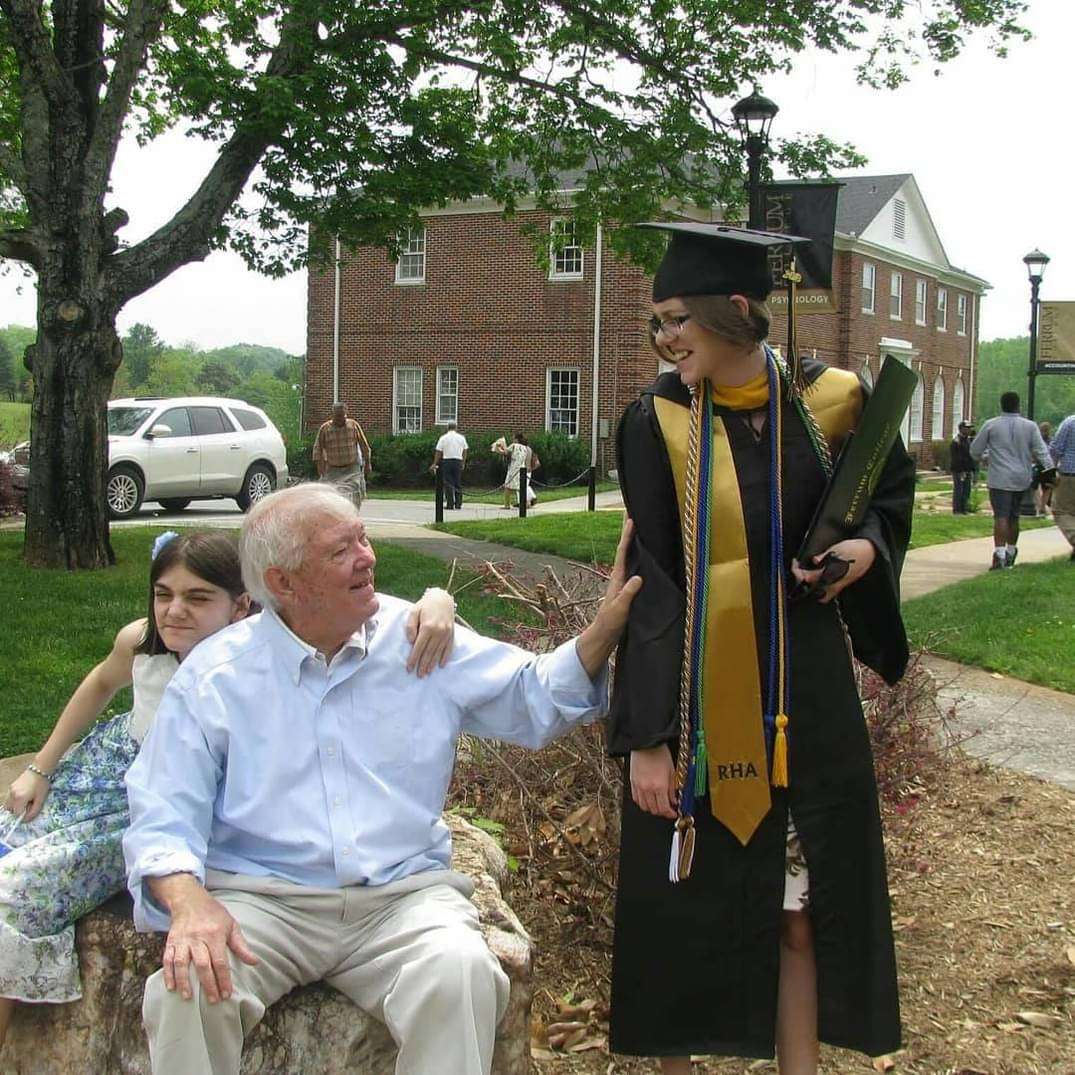BY Kate Leary
For many people concerned about climate change, the big factors in our efforts to mitigate or prevent its damaging changes are technology, funding and effective policies.
That’s not surprising, since there is a lot of concern as to whether there will be enough money to fund research and development or whether the technology will be available to transition to a sustainable economy.
What is equally vital, though, is whether there is an aware and willing public in the immediate future that facilitates these important steps. Cultural norms may not pop readily to mind when discussing climate change, but the phenomena that increase efficiency, decrease resource use and slow warming will take place within society, not just in laboratories.
It will take a culture that trusts and values science to properly allocate the funds for research and development and to make bold changes in the way we do business and live our lives.
Consistently, the models and predictions of changes in temperature, glacial melting and other factors have lined up with the actual results, and an overwhelming consensus of scientists support the findings.
The changes taking place match what they told us climate change would look like and are not consistent with natural fluctuations.
Yet, there is still a lot of resistance to science in America.
The National Science Foundation consistently finds that although a large majority of people agree strongly that science has improved their lives, nearly half of people claim that we depend too much on science and not enough on faith.
The public consensus about climate change is stronger, with over 70 percent of people viewing it as a real threat. However, the underlying mistrust with which we regard the science that will have to guide us in our steps to mitigate the effects of climate change is a little scary.
Faith often has an important role as a moral guideline, a glue that holds together families and communities or a part of a rich heritage.
But, let’s face it, if you want to know how to build a rocket, you go to NASA, not the Vatican. By the same token, if you want to know how to slow the impacts of human habitation on our fragile planet, organizations like the International Panel on Climate Change are the place to start.
Evidence of the unfortunate distrust of the scientific community is not limited to average citizens’ responses to polls. Many of our political representatives also espouse these views, and there tends to be a split in opinion down partisan lines.
This split has become clearer just recently, as Republican senators have put forth a new batch of legislation seeking to limit the EPA’s ability to regulate greenhouse gases and fossil fuel extraction. Taken together, this makes suspicion towards science a stumbling block for progress.
It can be hard to believe that humans could alter something as huge and seemingly eternal as the earth’s climate, and living through a long winter makes warming trends sound silly. However, personal impressions and short-term weather patterns can be misleading, which is where the long term data becomes important.
When it comes to long-term records of temperature and carbon dioxide, the message is clear, but it’s a message we’ll only hear if we’re willing to listen.
The sooner we all adopt a mindset that is open to scientific reality and to making rational changes to personal and national behavior, the sooner we’ll see real progress.





